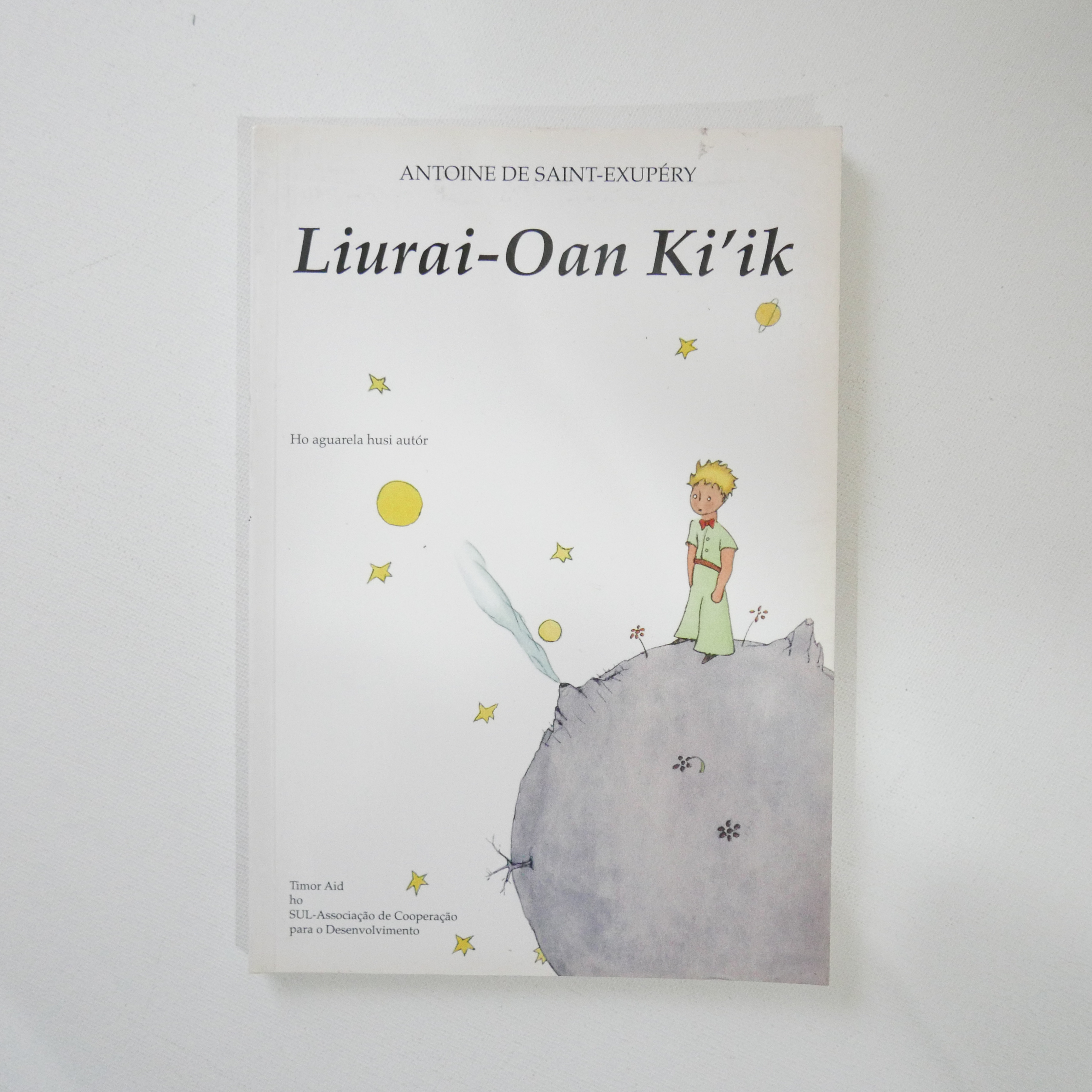
Liurai-Oan Ki’ik, in Tetun language.
Tetun, also spelled Tetum, is an Austronesian language spoken predominantly in East Timor (Timor-Leste). It is one of the two official languages of East Timor, alongside Portuguese, and serves as a lingua franca among the diverse ethnic groups in the country.
Tetun has several dialects. The main dialects are Tetun Prasa, spoken in and around Dili (the capital of East Timor), and Tetun Terik, spoken in rural areas of East Timor and West Timor. Tetun Prasa has been significantly influenced by Portuguese and Indonesian, incorporating many loanwords from these languages.
Tetun’s phonetic inventory is relatively simple, with vowel harmony playing a role in the language’s phonological system. The language uses a five-vowel system similar to that of many other Austronesian languages. Tetun grammar is characterized by its use of subject-verb-object (SVO) word order. It uses prefixes, suffixes, and infixes to indicate grammatical relationships, tense, aspect, and mood. Unlike many European languages, Tetun does not have grammatical gender.
Tetun faces challenges related to its development and standardisation as a national language. Efforts are ongoing to expand its use in formal education and literacy while balancing the influence of Portuguese and Indonesian. Language development initiatives, including the creation of dictionaries, grammar guides, and educational materials, aim to strengthen Tetun’s role in society.
East Timor shares a land border with Indonesia. But it was very difficult to find this book from Indonesia, even via online. At last, Jean-Marc Probst sent this book from Genève. For free. Thanks, Jean-Marc.


